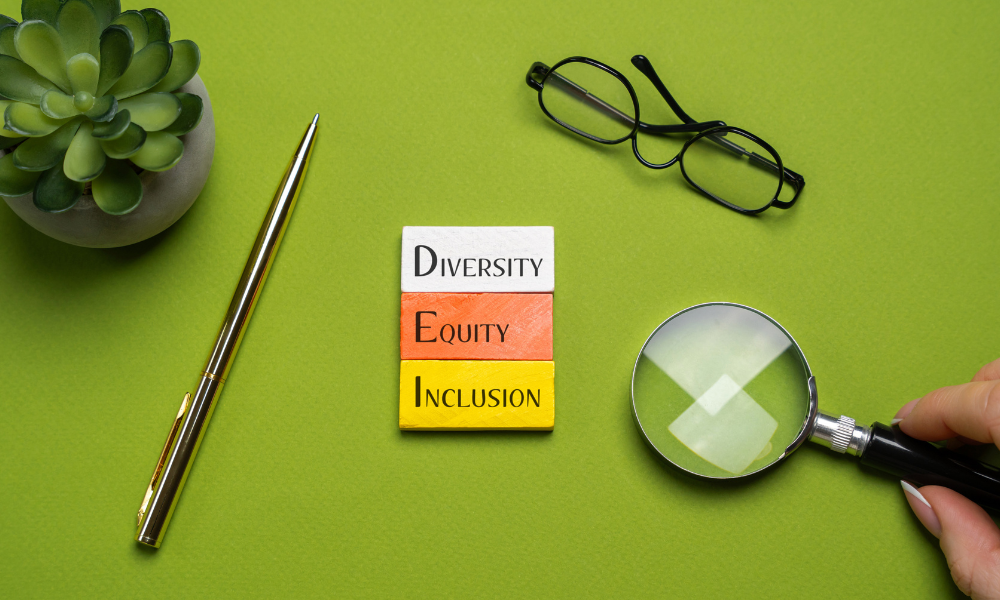
The statement encouraged law firms to stand firm against external influences – including politics

The Indigenous Bar Association has urged law firms to “urgently” protect diversity, equity, and inclusion initiatives in the face of political pressure and other external influences.
The statement was made jointly with the National Indigenous Law Students Association and is a response to recent reports that firms may pull back on DEI efforts as a result of these pressures. The statement highlighted Black and Indigenous communities’ overrepresentation in the justice system, as evidenced by higher rates of arrest, conviction, and incarceration compared to their peers, and emphasized the importance of DEI in driving fairness and equitable treatment for all.
“We urge law firms to remain steadfast in their commitment to diversity and inclusion. Succumbing to political pressures or other external influences undermines the integrity of the legal profession and the essential work being done to support diverse communities,” said Indigenous Bar Association president Drew Lafond in a statement.
The IBA and NILSA noted that marginalized groups had consistently experienced economic disparity and attributed the limited equal economic success among Black and Indigenous communities to “systemic colonial policies.” They also indicated that economic disparities restricted access to quality legal representation, education, and employment opportunities, perpetrating “a cycle of disadvantage.” DEI initiatives, they said, were critical to tackling this disparity and cultivating equity.
“DEI initiatives are crucial to uplifting BIPOC voices, promoting justice, and maintaining the health of the legal profession. We call on law firms to not only continue holding space, but to actively seek out and create new spaces for Black and Indigenous students and lawyers,” said NILSA president Kate Anderson in a statement.
The statement acknowledged positive DEI moves by law firms and organizations, including the following:
The IBA and NILSA also recognized scholarship partners who directly financed scholarships and programming via Canada’s law schools, as well as the Avenue: Black and Indigenous Undergraduate Law Internship Program partners.
“We urge all stakeholders to join us in this critical effort. Together, we can create a justice system that not only addresses the disproportionate representation of Black and Indigenous persons but also promotes equal economic opportunities for all,” the groups wrote in the joint statement. “We call on all law firms to reaffirm their dedication to these initiatives and to resist any attempts to roll back the progress that has been achieved. It is imperative that the legal community continues to lead by example and uphold the principles of justice and equality for all.”